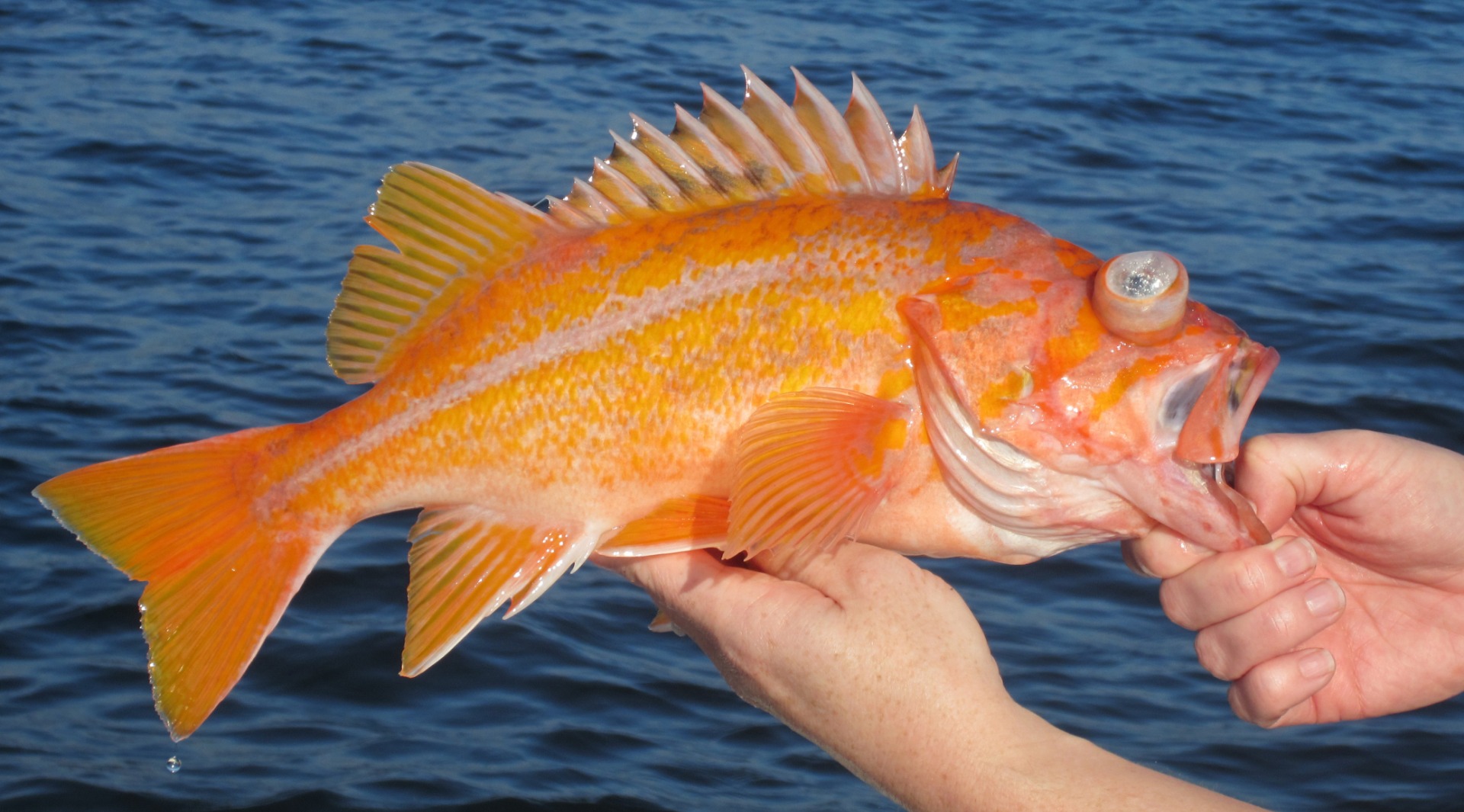Why Do I Need a Fishing License to Take a Bullfrog?

by CDFW
4-13-2018
Website
Question: Why do I need to have a fishing license to take a bullfrog? They are a non-native species, have voracious appetites, eat many of our native species and should be removed wherever we can. (Robert, Merced)
Answer: The California Legislature has defined “fish” in section 45 of the California Fish and Game Code. “Fish” means a wild fish, mollusk, crustacean, invertebrate, amphibian, or part, spawn or ovum of any of those animals. A bullfrog is an amphibian, so you must have a fishing license in order to take one. More information on the take of frogs and other amphibians can be found in section 5.05 of the California Freshwater Sport Fishing Regulations. The daily bag and possession limit for amphibians is four unless otherwise provided. There is no limit for American bullfrogs, Lithobates catesbeianaus. You will need a fishing license, but you may take as many bullfrogs as you want.
Lost Hunter Education Certificate
Question: I passed my hunter safety course about 40 years ago but have lost the paperwork. If I wanted to get a hunting license now, how would I get a new copy of my “certification” or whatever it’s called? Does the state have records that far back? (Keith Hamm)
Answer: As per Fish and Game Code, section 3050, you can obtain a new California hunting license if you have proof of having held a hunting license in California in a prior year, or a current or recent (no more than two years old) hunting license from another state or province. If you’ve never had a hunting license before, then you need to present proof of having passed a hunter education certificate from California or another state or province.
Prior to 1989, Hunter Education Instructors maintained student records themselves. Therefore, CDFW does not have reliable records for this period. You may try contacting the original instructor, club or organization where the course was taught to obtain a duplicate. If you are unable to obtain a duplicate certificate through these means, and you’ve never held a license, you will need to repeat the course. The requirement of hunter education is not exclusive to California, many states have this same requirement for obtaining a hunting license, and most of the courses are universally accepted.
If you find yourself having to repeat the course, we encourage you to go into it with an open mind. The courses are more comprehensive than ever and even seasoned hunters who find themselves having to repeat the course for one reason or another reported learning many new things. This would also be a great opportunity to bring along your friend or family member who is interested in hunting but may be apprehensive about taking the course. Many wildlife officers and even hunter education instructors have taken the course multiple times and inevitably, they report learning something new every time.
CDFW has a Frequently Asked Questions page that covers a lot of information about hunter education.
Is it Illegal to Feed Wildlife?
Question: This question has been bothering me for years. Is it legal to feed wildlife? Some people make it a habit to not only put out seed for the songbirds and nectar for the hummingbirds, and others go so far as to feed the ravens, wild turkeys, foxes and raccoons. I am curious if such laws are enforced and what the penalties are for violating the law? At what point should Fish and Wildlife be notified if this is an ongoing problem? (Ken)
Answer: The California Code of Regulations Title 14, section 251.3, specifically states that it is illegal to feed big game mammals. For other species of wildlife, section 251.1 addresses feeding as “harassment” of animals. “Harass,” as defined in this section, is an “intentional act which disrupts an animal’s normal behavior patterns, which includes, but is not limited to, breeding, feeding or sheltering.” Reasonable amounts of normally used small bird feeders generally do not create an issue of “disrupting normal behavior.”
This section can (and has been) used as a tool to address situations where feeding animals has become problematic – for example, when such large amounts of food are being offered that wildlife no longer need to forage, hunt or sustain themselves naturally. Violation of these sections are misdemeanors.
More Reports

4-11-2018
The California Department of Fish and Wildlife (CDFW) announces a statewide increase to the recreational canary rockfish (Sebastes pinniger) daily...... Read More

4-10-2018
The California Department of Fish and Wildlife (CDFW) will be soliciting public comment and ideas on the statewide management of...... Read More
